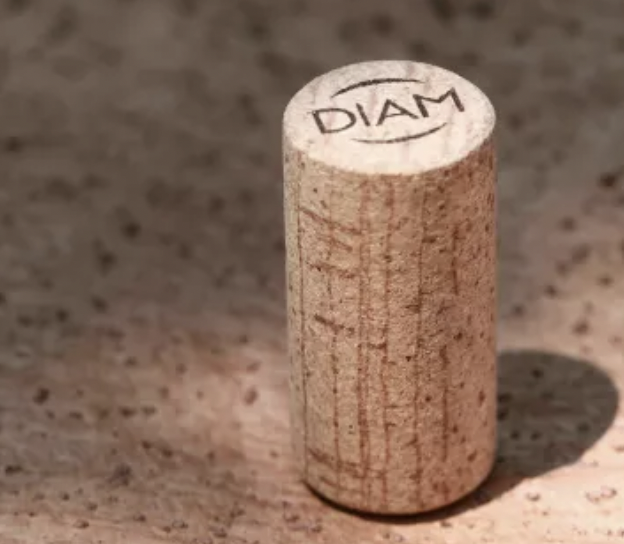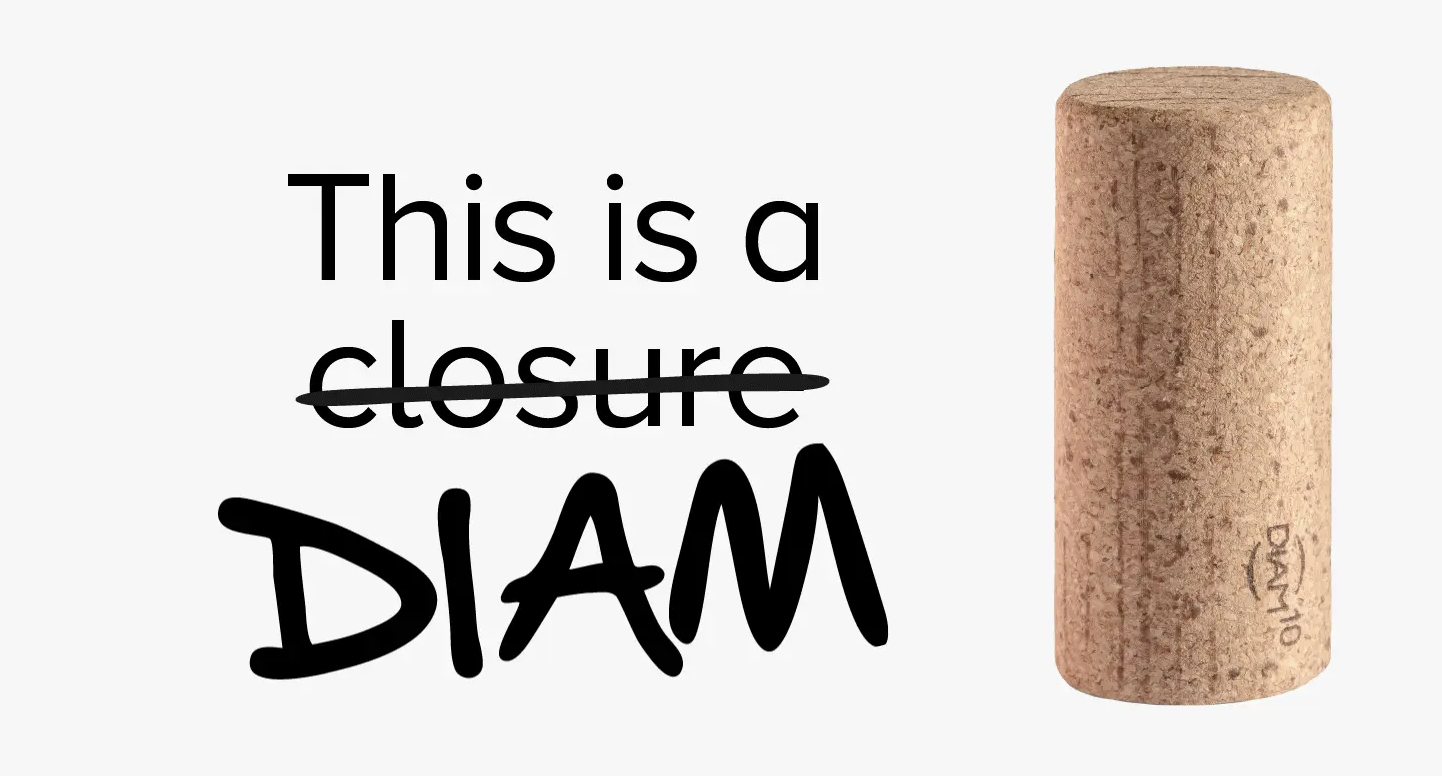
US Tariff Exemption for Cork
A Victory for Diam Bouchage and the European Industry
Diam Bouchage, the world’s second-largest producer of cork stoppers and the main buyer of French cork, has welcomed the US tariff exemption for natural cork, achieved through the trade agreement between the United States and the European Union.
The measure avoids a 15% tariff on cork stoppers, a product endemic to the Mediterranean basin and not replicable in the US, ensuring American winemakers access to this unique technology to protect their wines and maintain competitiveness. The agreement sets a general 15% cap on US tariffs for many European products but provides special exemptions for natural resources like cork, as well as strategic sectors such as aircraft and generic pharmaceuticals.
Eric Feunteun, CEO of Diam Bouchage, while appreciating the exemption, notes that challenges remain for the wine sector: American producers will still face a 15% tariff on European wine imports, making the cork exemption only a first step in ongoing negotiations.
The achievement was also made possible thanks to the efforts of Pierre Regnault de la Mothe, Prefect of the Pyrénées-Orientales, and the collaboration between the French government and EU representatives, demonstrating the strength of cooperation between institutions and the European cork industry.

Impact on the Cork and Wine Sectors
The cork industry, with Portugal as the leading global producer, represents a sustainable and unique resource, linked to Mediterranean forests and with significant environmental and social impact in rural areas. The US tariff exemption is a major win for maintaining the presence of natural cork in the American market, reducing costs for wine producers and preserving longstanding traditions.
However, the European wine sector remains under pressure due to tariffs on US imports, with France and Italy continuing to push for further exemptions and compensatory measures. The US-EU trade agreement marks progress compared to previous years, but challenges for the agri-food and wine sectors remain, with negotiations ongoing to achieve more favorable market conditions.
Eric Feunteun concludes: “This exemption is an important first step to protect the industry, but work continues to ensure fair access to the US market for all European products.”
